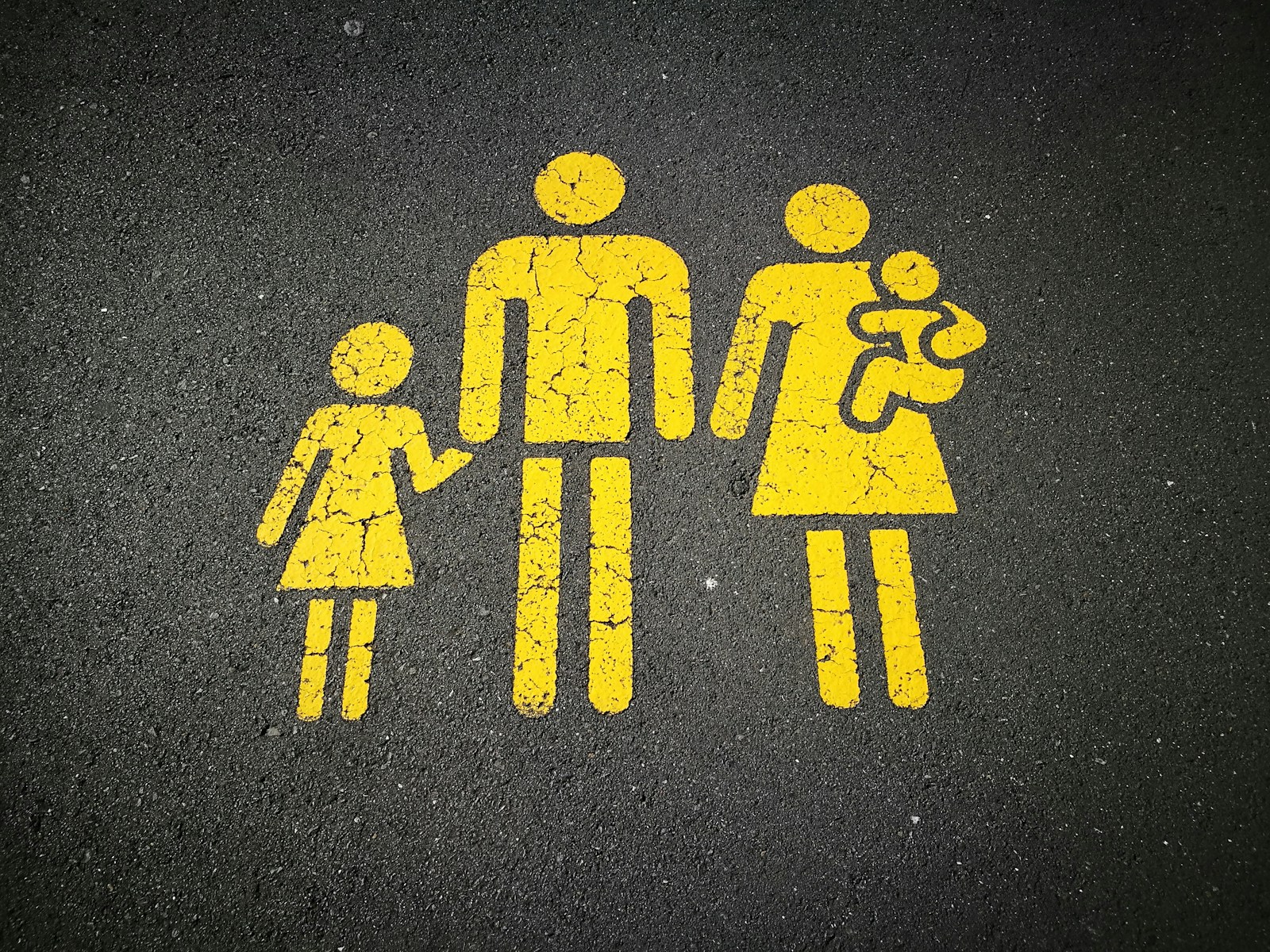
I recently saw a short reel showing how different genders approach child-rearing differently. It was said, and I agree, that fathers often raise their children based on what a workplace or job would tolerate. For example, you must be punctual, take pride in your work, and avoid doing shoddy work. So, in essence, a father might say, “Son, you can’t be late” or “Girl, you can do better; do it again.” Whereas a mother might say, “That’s nice, at least you tried; the important thing is you showed up.” (I know, not all mothers.) But traditionally, mothers comfort you, and fathers straighten you out. Mothers teach tenderness and kindness, while fathers teach honor and respect.
Anyhow, all of this got me thinking about how much roles have changed as society evolves. Way back, if as a child you messed up, mom would say, “Wait until your father gets home”—yikes! In that era, couples stayed married, and roles were clearly defined. I know of other cultures where it’s the matriarch who is the disciplinarian.
A little sidebar story: I remember a Jamaican guy, about 6’2″ and 225 lbs, telling me that as kids, if you misbehaved, all a neighbor had to say was, “I’m going to tell your grandmother.” According to him, this woman was about 4’11”, struck like lightning, and he was totally intimidated by her. He knew you had to take whatever grandma dished out!
Methods of child-rearing have changed, and situations have too. In the seventies and eighties, more women were joining the workforce and building careers, and we had latchkey youth. The rise of divorce surpassed the 50 percent mark, and the majority of women were granted child custody. If couples stayed married, fathers were expected to be more involved, and a united front approach to child-rearing became the goal. The methods of disciplining at home and in schools softened—grounding, time-outs, loss of privileges, or additional chores became common. Today, it’s evolved to “Give me your cell phone,” which seems to be enough.
Many mothers became the disciplinarians because they found the father either absent, too harsh with his words, or too quick to react. Schools adopted “zero tolerance” policies toward violence, so kids would be sent home to an empty house (need I say more?). There’s a classic picture on Facebook showing a child being reproached for a bad report card in the 1960s versus a teacher being scolded by parents in the 2000s.
Then there are reconstituted families, where you might hear, “You’re not my father,” or “Do not speak to my child that way,” which can empower the child. So, in our current day, men often step back from prepping their kids for the real world (tune into That ‘70s Show for a laugh about how things have changed). The man’s role has diminished to the point where his opinion on child-rearing feels like too much, so he withdraws to avoid conflict, which in turn can lead to not being involved enough with the children.
If parents are wondering why our children are anxious, depressed, less resilient, and less tolerant of discomfort, we must acknowledge that life is tough and suffering is unavoidable. Maybe kids haven’t been exposed to enough rules, routines, and consequences. In the near future, they’ll face policies, procedures, and HR departments that mom or dad can’t bail them out of. Some of that will be uncomfortable, and it’s time to step up.









